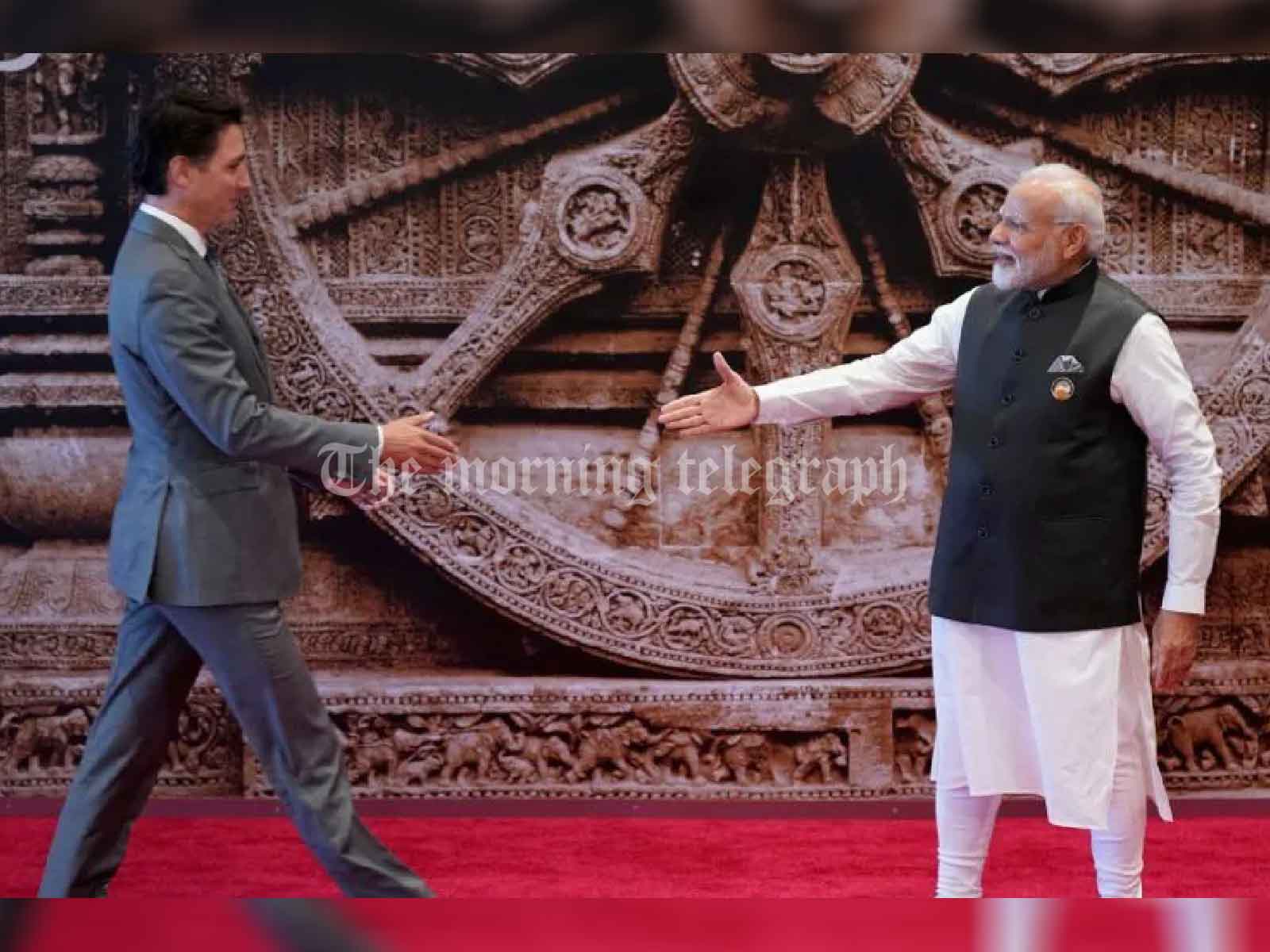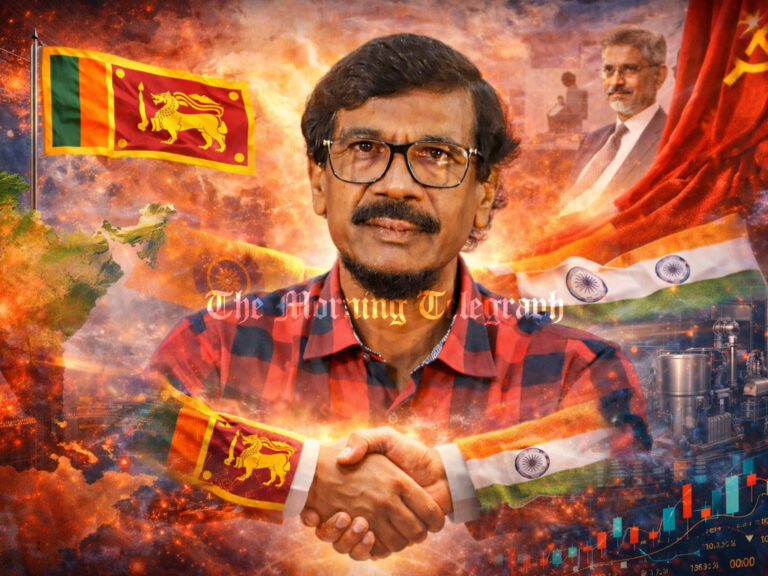
India-Canada relations have plunged to an unprecedented low, following the diplomatic expulsion of senior officials from both countries. The trigger for this steep escalation is the ongoing controversy surrounding the assassination of Hardeep Singh Nijjar, a Canada-based Sikh separatist leader, which has drawn allegations of Indian involvement. This marked a significant downturn in a historically cordial relationship that had previously managed to navigate various disputes without such severe actions.
Historical Context and Diplomatic Friction
The current tensions harken back to a longstanding strain in relations, rooted in the history of Sikh separatism. The movement for an independent Sikh state, known as Khalistan, was at its peak during a bloody insurgency in the Indian state of Punjab in the 1980s and early ’90s. Although the movement lost momentum in India, it has continued to find support within the large Sikh diaspora, notably in Canada. With a Sikh population of approximately 770,000, Canada is home to the largest Sikh community outside India, making Sikh issues highly influential in the country’s politics.
Historical frictions also included India’s nuclear test in 1974, which led to Canada’s accusations that India had misused plutonium from a Canadian-supplied reactor. Although relations cooled considerably at the time, diplomatic expulsions like those seen now did not occur.
Nijjar’s Killing and Diplomatic Fallout
The latest diplomatic row was sparked by the assassination of Hardeep Singh Nijjar in June 2023. Nijjar, a vocal proponent of Khalistan, was labeled a “terrorist” by India. Canadian Prime Minister Justin Trudeau recently alleged that Canadian security agencies were investigating “credible allegations” of India’s direct involvement in the killing. In a rare move, Canada expelled a senior Indian diplomat over the matter. India quickly retaliated by expelling a top Canadian diplomat, dismissing the allegations as “absurd” and accusing Canada of harboring extremists.

Adding to the controversy, Canadian police have accused Indian agents of engaging in various criminal activities, including “homicides, extortion, and violent acts” targeting pro-Khalistan supporters in Canada. This public confrontation has intensified to levels unseen in the history of the bilateral relationship.
Political Ramifications and Accusations
Amid the escalating crisis, Trudeau’s leadership has come under increased scrutiny, especially with elections approaching. A recent Ipsos poll indicated that only 28% of Canadians feel Trudeau deserves re-election, with his Liberal Party’s support at just 26%. Analysts suggest that Trudeau’s tough stance on the Nijjar case may partly aim to counteract his waning domestic popularity.
In response, India’s foreign ministry accused Trudeau’s government of engaging in “vote bank politics” by pandering to the Sikh community. This argument is bolstered by the significant political influence of Sikhs in Canada, where they hold 15 seats in the House of Commons, despite representing around 2% of the population. Some Indian officials have expressed frustration over what they perceive as Canada’s long-standing tolerance of pro-Khalistan activities, despite diplomatic protests.
A Complicated Diaspora and Shifting Dynamics
The Indo-Canadian community, which once predominantly comprised Punjabi Sikhs, has diversified significantly in recent decades. It now includes a growing number of Hindus and immigrants from other Indian regions. Many of these groups view the Khalistan movement with suspicion and support India’s economic transformation. Analysts believe this demographic shift has influenced political dynamics in Canada, where the Liberal Party has traditionally garnered significant support from the Sikh community, particularly in British Columbia.

Broader Implications and Future Outlook
Experts note that the breakdown in relations is not merely a consequence of vote bank politics but stems from a fundamental disconnect in how both nations perceive Sikh separatism. India views the pro-Khalistan movement as a dangerous threat to its territorial integrity, while Canada sees it as an expression of free speech and legitimate dissent. This difference has led to a standoff where neither side is willing to make concessions.
Despite the current turbulence, experts suggest that people-to-people connections between India and Canada remain strong. The Indian diaspora in Canada, numbering 1.3 million, accounts for about 4% of the Canadian population. Additionally, bilateral trade and educational exchanges continue to grow, with India serving as Canada’s top source of international students since 2018. However, the Trudeau administration’s approach to recent diplomatic challenges, coupled with the deteriorating political climate, presents significant risks for the bilateral relationship.
A Historical Low Point in Relations
As it stands, the language used by India’s officials against Canada is remarkably harsh—comparable to the language typically reserved for India’s historical rival, Pakistan. Analysts note that this reflects the depth of India’s frustration with Ottawa’s stance on Sikh separatism.
For now, bilateral relations remain mired in a state of mutual distrust and escalating accusations, with little indication of a swift resolution. Experts predict that, given the current trajectory, the countries may have to wait until after the next Canadian election in 2025 to see any significant diplomatic thaw.




